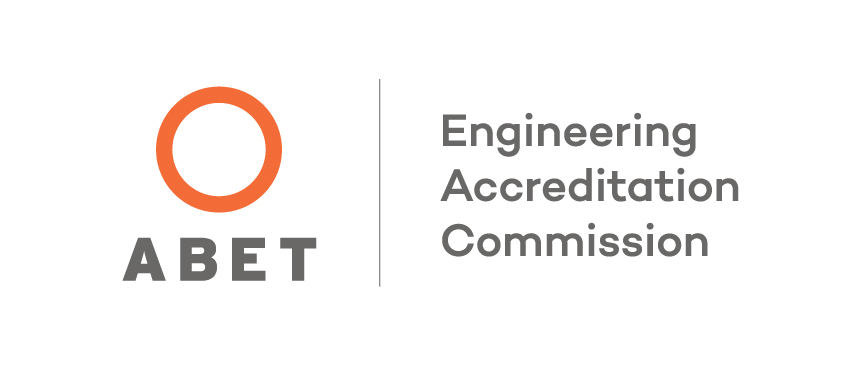Civil Engineering
Civil Engineering
Civil Engineers design the built environment – the structures, roads, water supply systems, and much more – that surrounds us. The profession is broad and encompasses several technical areas, including structures, transportation, geotechnics, water resources, coastal engineering, and environmental protection. Employment opportunities are plentiful in design, construction, management, teaching, and research. Employers include consulting firms, industrial companies, government agencies, and non-governmental organizations. Civil Engineering at UNF offers an ABET-accredited BS degree as well an MS degrees. Our alumni find success in top-tier companies and graduate schools across the country.

Academic Programs, Objectives, and Outcomes
Prospective students (incoming freshmen, transfers, and graduate students) are encouraged to explore the academic programs and policies for the various CE degrees. CE is part of the School of Engineering at UNF. There are academic policies that apply across all engineering majors and disciplines. Be sure to meet with an SOE Advisor often to ensure you are on the right path to graduation.
Academic Programs
- B.S. Degree in Civil Engineering
- M.S. Degree in Civil Engineering
- M.S. Degree in Coastal and Port Engineering
Civil Engineering Program Educational Objectives
Civil Engineering graduates will:
- Be successfully employed in the civil engineering profession or research arena, in practice areas such as structural, geotechnical, transportation, coastal, water resources, or related fields.
- Contribute to the improvement of the profession and community at large.
- Engage in professional development through obtaining professional licensure and continuous lifelong learning.
- Become effective coworkers by participating in multidisciplinary, innovative, and inclusive teams, ultimately advancing toward leadership positions in the profession.
Civil Engineering Student Outcomes
At the time of graduation, Civil Engineering students will have achieved the following Student Outcomes:
- An ability to identify, formulate, and solve complex engineering problems by applying principles of engineering, science, and mathematics.
- An ability to apply engineering design to produce solutions that meet specified needs with consideration of public health, safety, and welfare, as well as global, cultural, social, environmental, and economic factors.
- An ability to communicate effectively with a range of audiences.
- An ability to recognize ethical and professional responsibilities in engineering situations and make informed judgments, which must consider the impact of engineering solutions in global, economic, environmental, and societal contexts.
- An ability to function effectively on a team whose members together provide leadership, create a collaborative and inclusive environment, establish goals, plan tasks, and meet objectives.
- An ability to develop and conduct appropriate experimentation, analyze and interpret data, and use engineering judgment to draw conclusions.
- An ability to acquire and apply new knowledge as needed, using appropriate learning strategies.
Schedules and Advising
Engineering courses are progressively complex and rely on a carefully designed sequence that must be taken in the proper order. Since many courses have multiple prerequisites, it is helpful to use the term-by-term sample schedule in Osprey Maps to gain an understanding of what your path may look like. However, Osprey Maps is an aid and should not be used in lieu of academic advising. Contact your SOE (School of Engineering) Advisor today to schedule an appointment.
